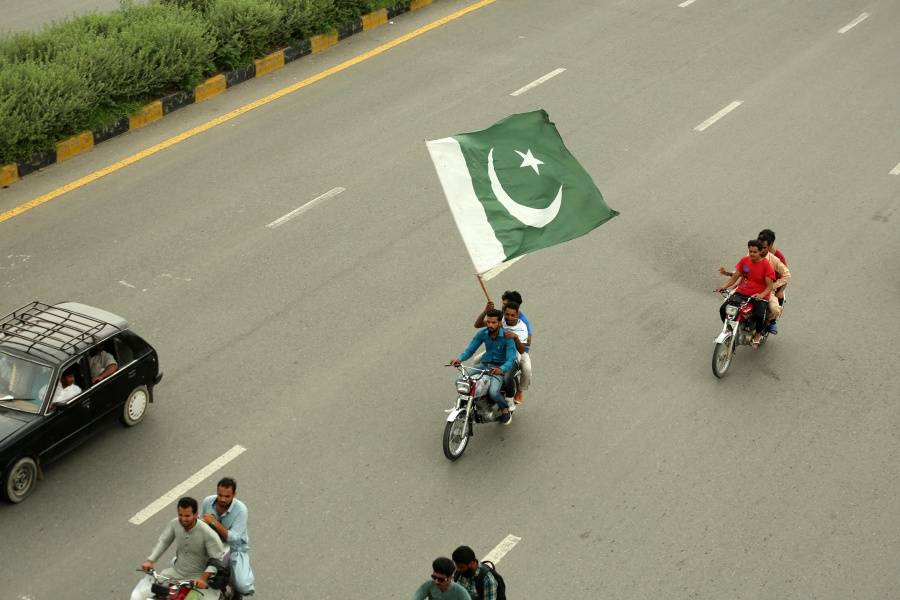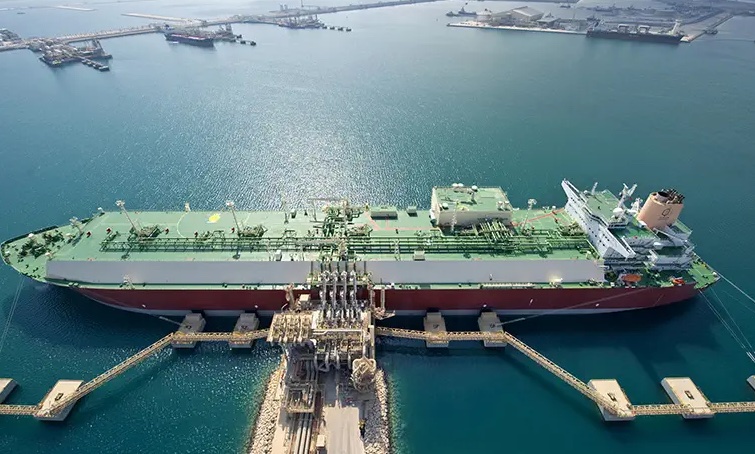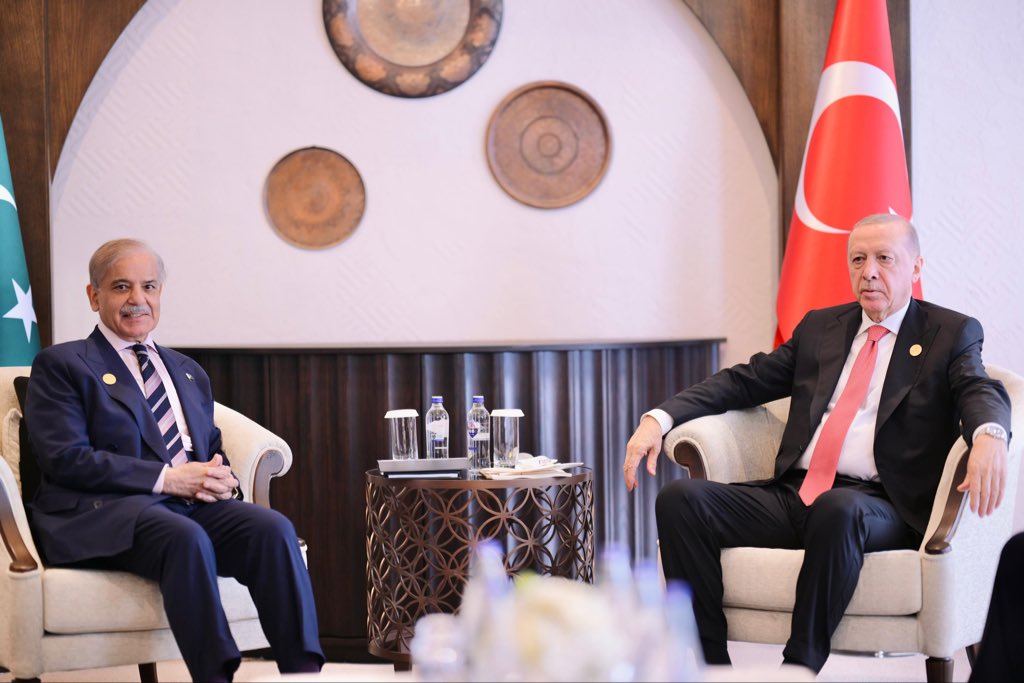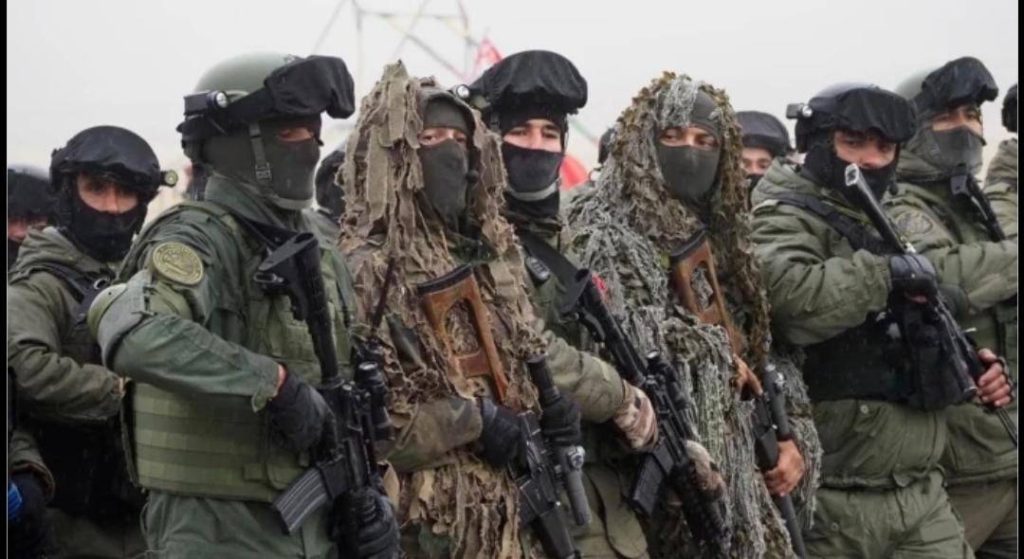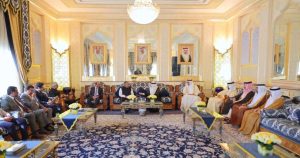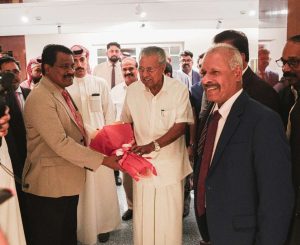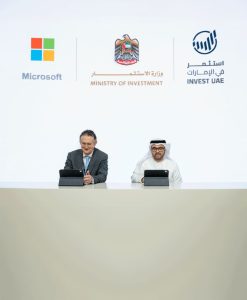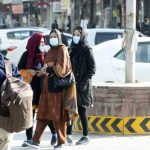The house was informed that Rs 1.0 trillion (7 per cent of the increase) was on account of increased cash balances of the government to meet emergency requirements…reports Asian Lite News
Pakistan National Assembly on Friday was informed that the country’s public debt increased by Rs 14.9 trillion from July 2018 to June 2021 by the Ministry for Finance and Revenue.
In a written reply to a question, the house was informed that the exchange rate depreciation added around Rs 2.9 trillion (20 per cent of the increase) in public debt while the government paid Rs 7.5 trillion against interest servicing which is 50 per cent of the increase in the total public debt, reported The News International.
The government borrowed Rs 3.4 trillion (23 per cent of the increase) to finance primary deficit. The impact of economic slowdown due to the Covid-19 pandemic resulted in higher than estimated primary deficits.
The house was informed that Rs 1.0 trillion (7 per cent of the increase) was on account of increased cash balances of the government to meet emergency requirements, reported The News International.
National Assembly was further informed that the total amount committed by foreign countries and organizations for the COVID-19 response is USD 4,250.8 million out of which USD 3,632.7 million have been disbursed (as of November 10, 2021).
The house was also informed that the Cabinet Division constituted an inquiry commission on debt in June 2019 and it is yet to submit its inquiry report, reported The News International.
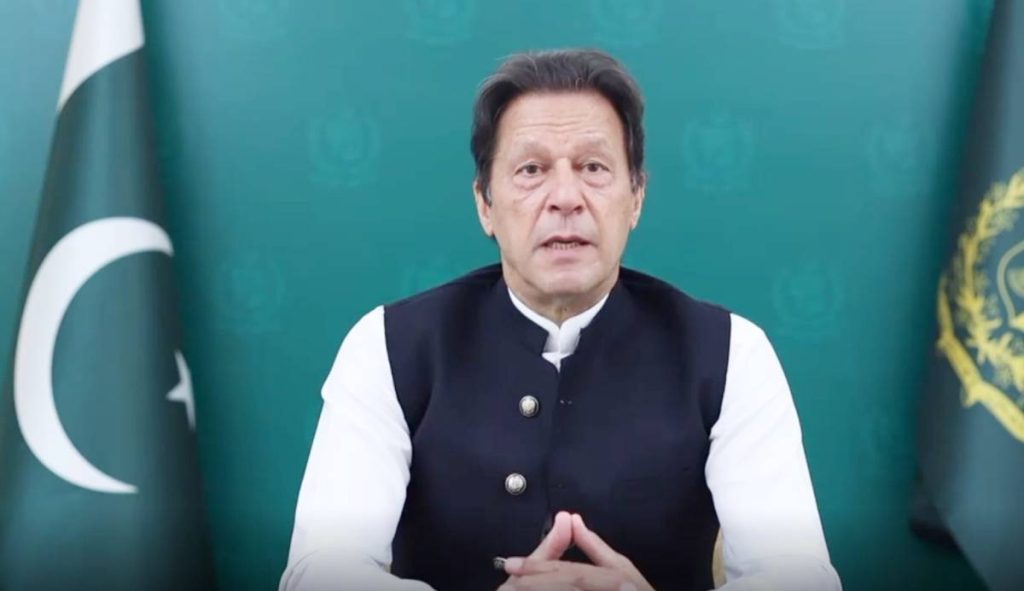
Fault lines exposed
Amid a growth rate of 4 to 5 per cent, Pakistan continues to borrow to fund the annual rise in government expenditure which is the real fault line of the country’s economy.
Business Recorder, in an editorial, suggested Pakistani government engage in policies that focus not on higher outlay or expenditure, under the guise of social programmes focused on the poor and vulnerable as today less than 400 billion rupees out of the 8.4 trillion rupees is being allocated for Ehsaas programme, including the Ehsaas ration card, but on reducing its own expenditure which one hopes would ease the pressure to borrow.
Analysts argue that certain fault lines in Pakistan’s economic policies have been prioritizing growth not backed by higher exports but by higher consumption domestically which in turn has compromised the current account deficit, a trend that accounts for the fact that currently, Pakistan is on its 23rd IMF programme in its 74-year history.
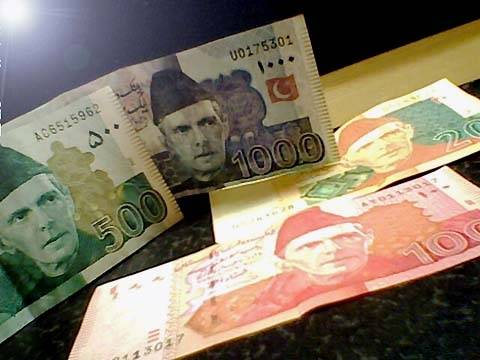
This claim is certainly backed by historic data, however, since last year remittances have surpassed all previous records, over 29 billion dollars in 2020-21 with the rising trend continuing to till-date, and have emerged as the major contributor to ensuring that the current account is not under stress though the trade deficit is rising, reported Business Recorder.
Remittance inflows are mainly being used to fund the kitchen budgets of households, rising due to inflation, and/or procuring real estate that sadly was encouraged by the government’s recent pre-construction sector policies in spite of the fact that construction accounted for 2.6 per cent of GDP in 2020-21 against only 2.5 per cent in the year before.
This massive rise in remittances has not stayed with Pakistan’s economic managers’ penchant for borrowing – today more than 50 per cent of reserves of a little over 17 billion dollars are sourced to borrowing, said the editorial.
In addition, the rupee is being allowed an almost free-fall, reportedly as a trade-off not to raise the discount rate due to political compulsions, thereby contributing to not only a higher import bill resulting in a higher trade deficit but also raising the budget deficit as each rupee loss of value vis-a-vis the dollar raises debt servicing by 100 billion rupees. (ANI)

